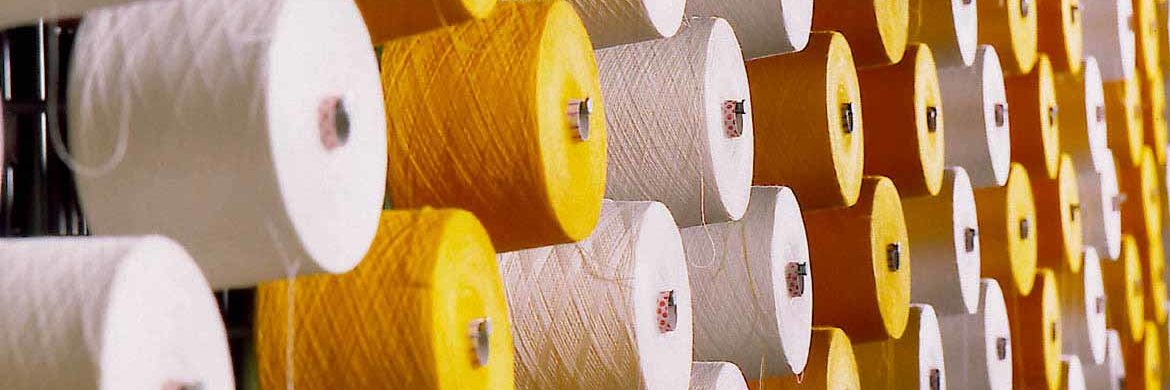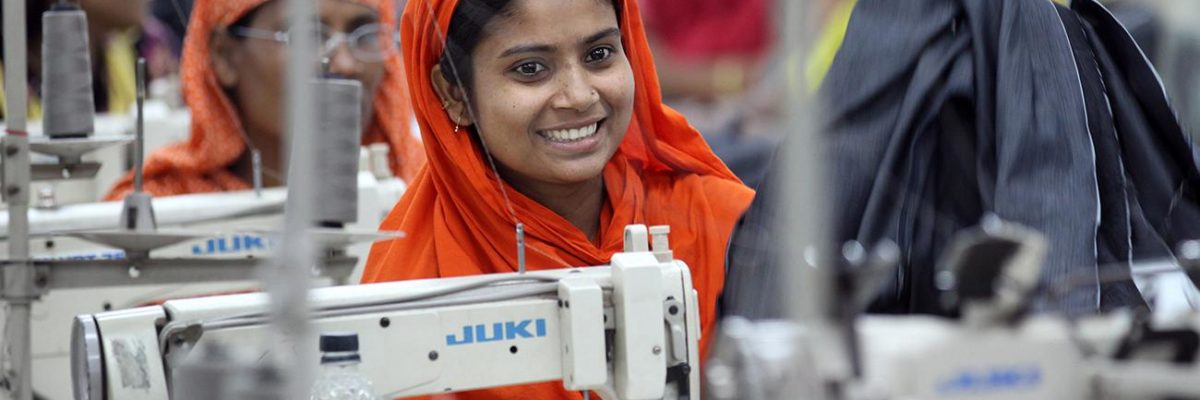Denim recycling, a process that turns old scrap denims into new garments, can fetch USD 4 billion annually, according to industry insiders.Besim Ozek, strategy and business development director of Bossa, told The Independent that the main idea of such recycling was to turn scraps into materials that were in great demand in the fashion world.The…
Bangladesh Textile Mills Association (BTMA) leaders have urged the government to reduce the income tax rate from 15 per cent to 12.5 per cent till 2028. They also urged the government to include yarn and fabric as VAT exempted items as the sale of local yarn and fabric has declined drastically BTMA leaders said the…
The country’s overall export to India reached US$1.07 billion during July-April period of the current fiscal (FY), 2018-19, marking a robust 53 per cent growth. Bangladesh earned $701.56 million during the corresponding period of last FY, according to the state-owned Export Promotion Bureau (EPB) data. The other non-traditional destinations where local export during the period…
Backward linkage factories – spinning, weaving, and knitting – in Bangladesh are running their businesses at a loss because of yarn dumping from India, and fabrics from China and Pakistan. Although apparel industries seem to benefit more from dumping, it makes them more dependent and vulnerable as a supplier of low-priced garments for export, states…
As the debate around factory safety and the future of Bangladesh Accord on Fire and Building Safety in Bangladesh rages on, it is often forgotten that the readymade garments (RMG) industry in the country has made huge progress in recent years. A full-fledged technological upgrade is ongoing in the sector.There is a growing trend of…





